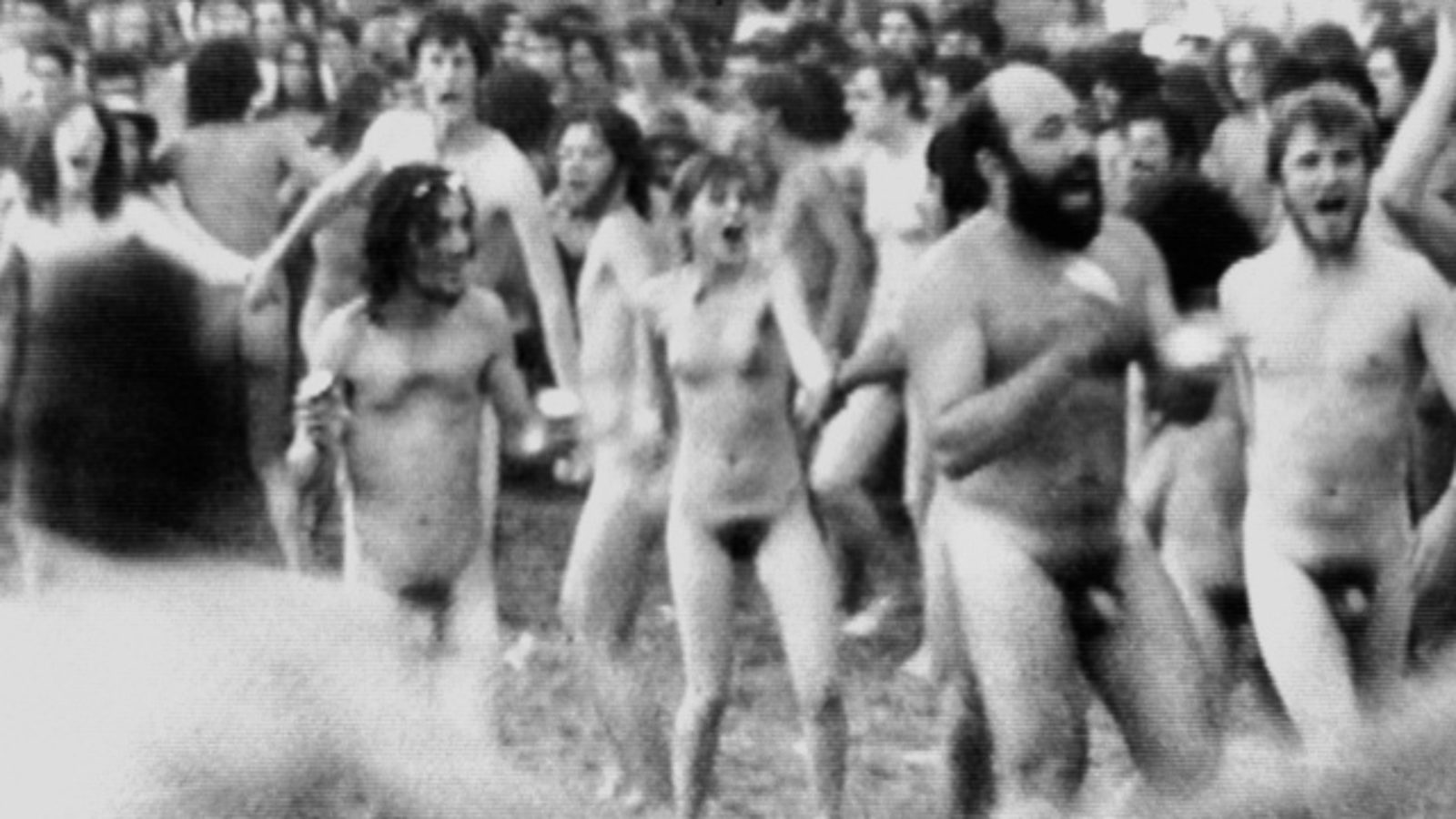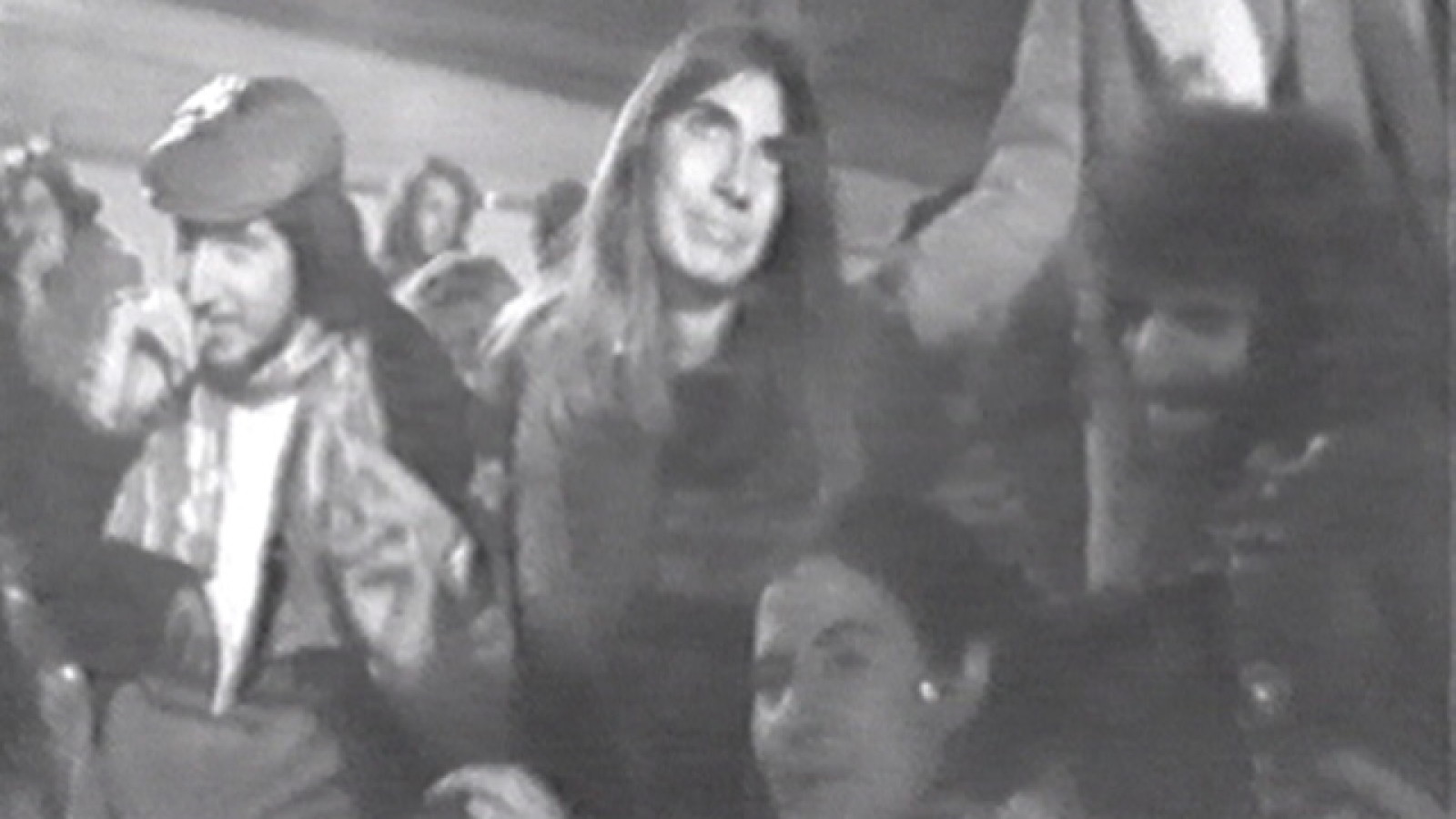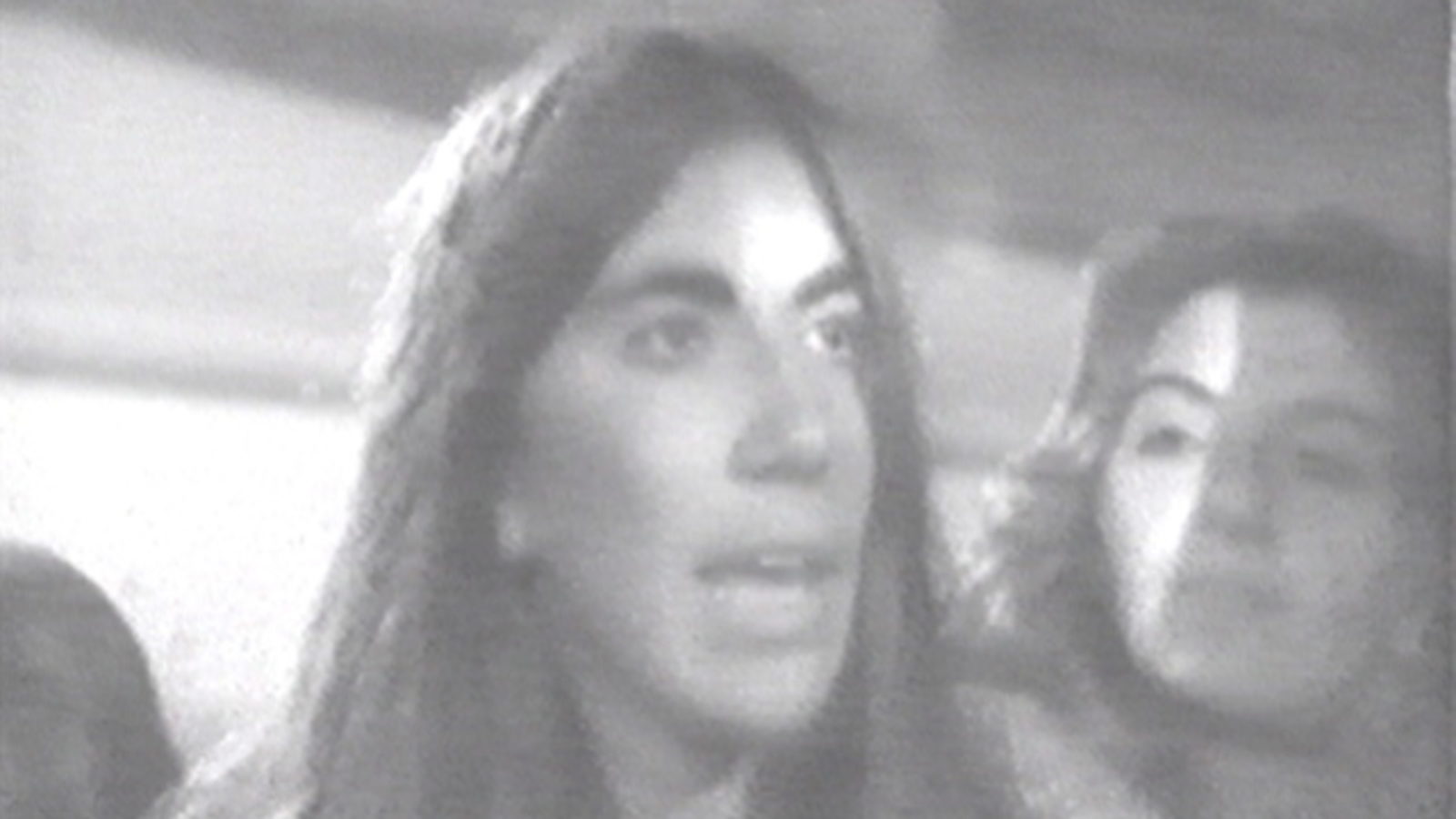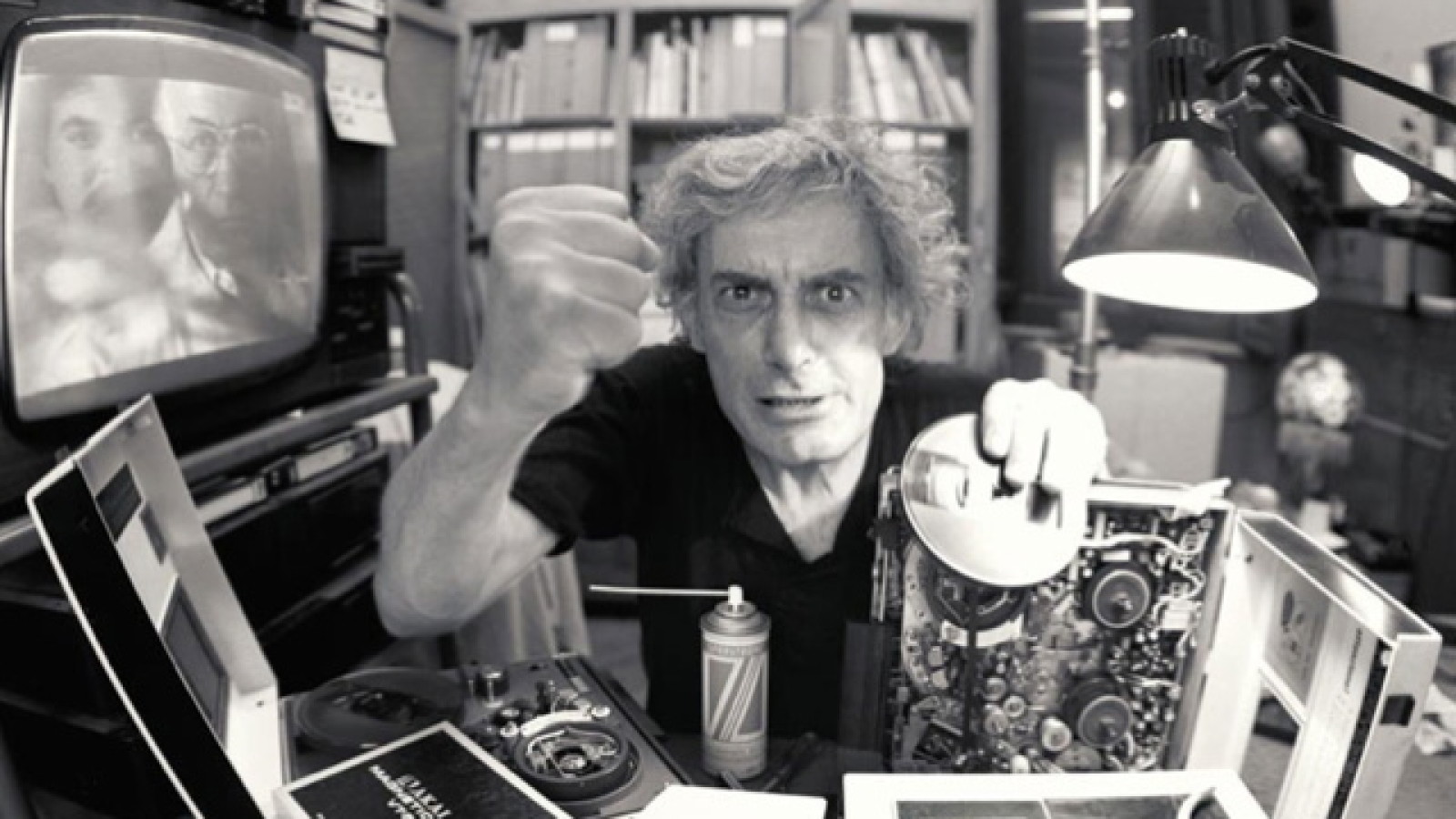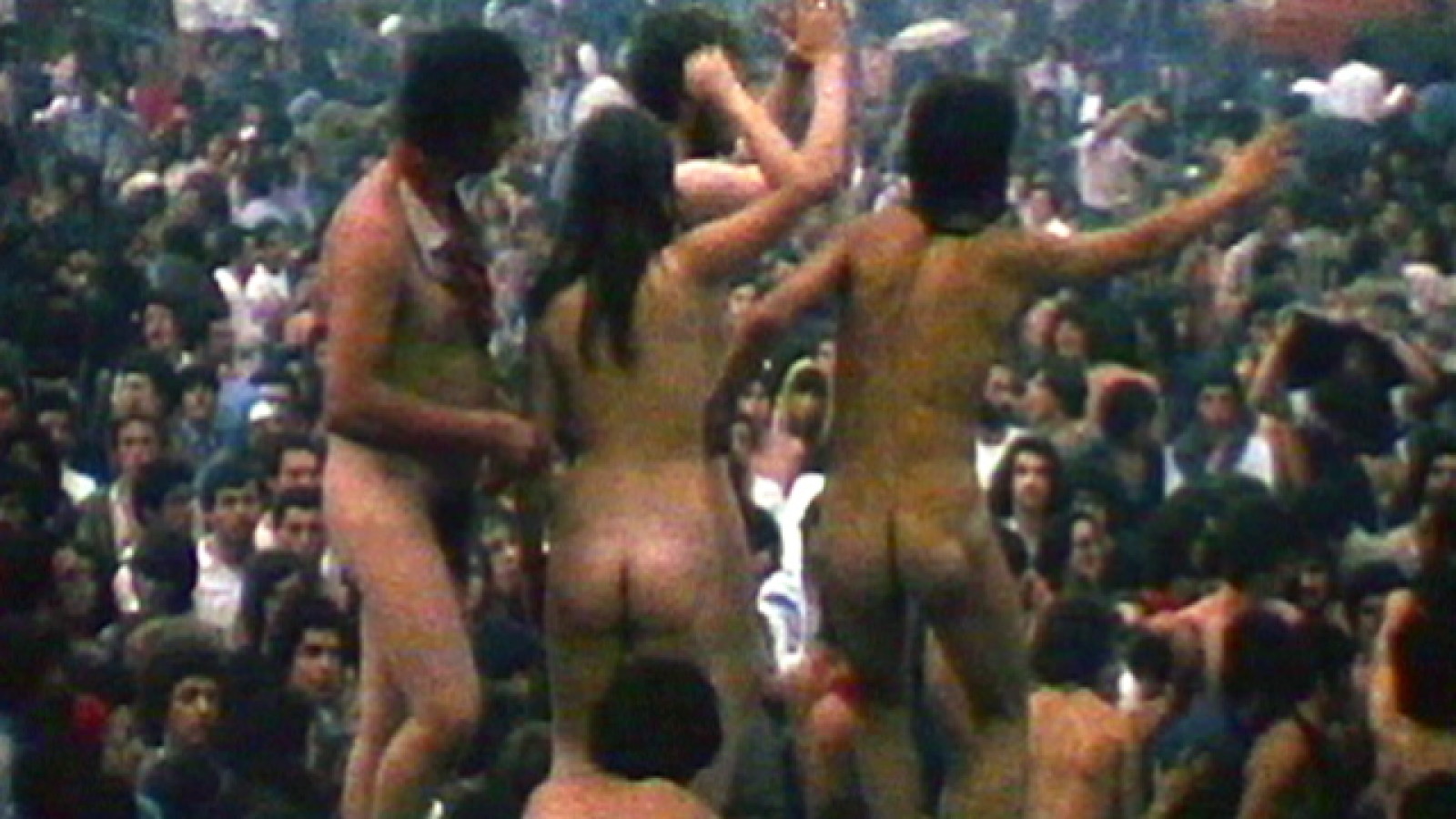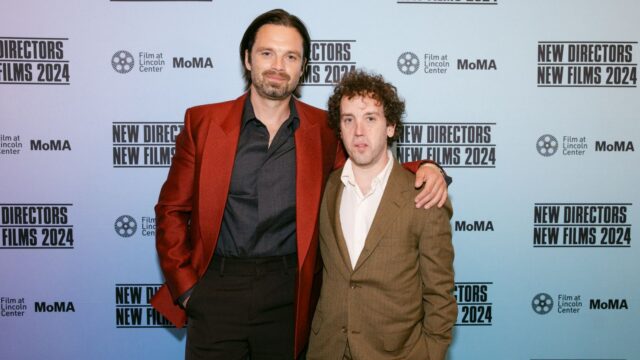Parco Lambro Juvenile Proletariat Festival
Alberto Grifi (1938–2007) was one of the leading lights of Italian experimental cinema. His pioneering adoption of video in the early 1970s produced some of the decade’s most forward-thinking and challenging works of radical filmmaking. In addition to the newly restored Anna, his portrait of a teenage junkie, there was Lia, a half-hour-long, single-shot record of a woman delivering an impassioned speech against the psychiatric establishment, and Parco Lambro Juvenile Proletariat Festival, a commissioned document of a Woodstock-like music festival that spirals into a full-fledged protest, becoming a reflection on the state of the Italian counterculture. “Grifi,” ran the program notes for a long-awaited retrospective at the Venice Film Festival, “stands for a cinema of constant change, a permanent revolution of vision as well as life, a continuous search for new, meaningful and appropriate forms of togetherness.”
Screening with Lia (Alberto Grifi, 1977, 26m)

